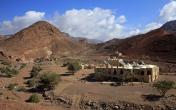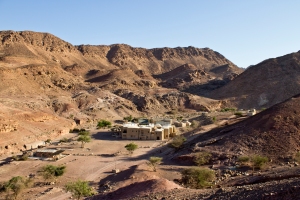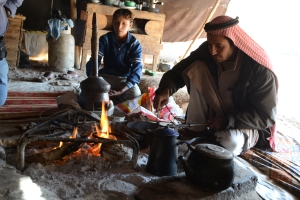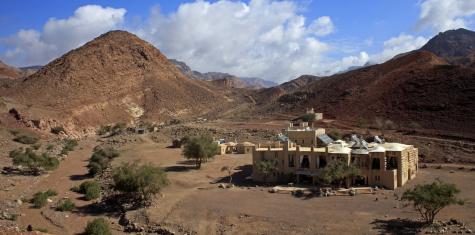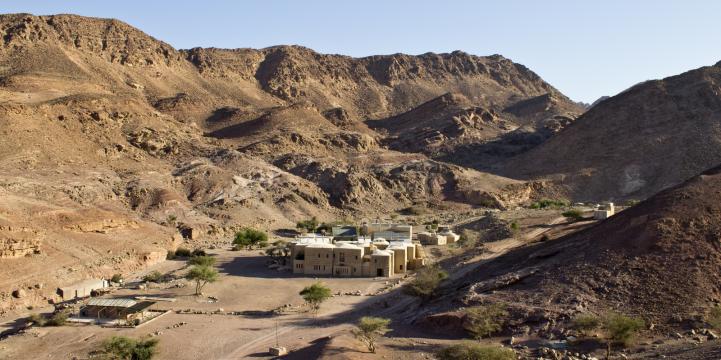
Digital detoxing: Could you? Will you?
We all know that we have become slaves to a new master: the internet. Emails, Facebook, Twitter, WhatsApp, Instagram, Snapchat… We are connected 24/7. Even our Bedouin community in Wadi Feynan are as likely to pick a spot for their goat-hair tented home based on mobile phone signal as much as any other factor.
But what happens when we can’t be connected? Is it a good thing?
Being in a remote location means life in Feynan is a little less connected – one of those few places you can switch off and feel the silence seep into your soul. And that’s what a holiday is for, right? Relaxing, unwinding, feeling your normal stresses melting away…
So should literally switching off be part of your holiday? Here are some of the benefits we have found at Feynan from committing to a digital detox once in a while:
- Time to think
With less connectivity, there is less distraction. That might make some people shudder – the fear of missing out. But it’s interesting how quickly this gives way to a sense of calm and peacefulness. There is the initial panic when the little bar of signal finally fades, but after a while you are distracted by the scenery and that thing you were worried about seems to lose its importance.
Life is a little slower, a little more rustic, and maybe a little less demanding somewhere like Feynan compared to what you are used to. But the plus side is time to stop, think and re-evaluate. It’s the perfect place to think about that novel you want to write or what your priorities should be for the coming year. But best of all it’s a great feeling to breathe in the fresh desert air and just let your mind wander.
- Looking… really looking
Not glancing, or looking through the screen. Whether it’s soaking up vast landscapes, the quick flash of blue movement that alerts you to a lizard, the palm trees growing half way up a sheer sided canyon, or the way the Bedouin man flicks his wrist to make music while crushing coffee beans; there are lots of interesting things to catch the eye that are worth a second, harder look.
Of course you can always take a picture and share it later. But whilst you don’t have signal, you can take the time to remember the sounds and smells that went along with the view.
- Concentrating and learning
Do you notice that it makes a difference when you are talking when someone actually listens? Really listens. Looks you in the eyes and considers what you are saying to them. Whether they agree or disagree with you, it doesn’t matter – you made them think. Without distractions it’s easier to do this. People listen to you and, more importantly, you can listen to them and learn!
Learn facts, a skill, or something about yourself. There are plenty of things to learn out there and it’s more fulfilling when we give it our complete attention. Like learning about another culture; really understanding what your Bedouin guide means when he says he feels he is part of the landscape or questioning why that goat pen has fences higher on one side than the other. From the trivial to the interesting to the absolutely mind-blowing: we should never stop learning.
- Dedicating time.
Without the constant distraction of checking your notifications, you can dedicate your time to doing other things and focus on really experiencing them: from the awe of a slot canyon, to the smell of the coffee, to football with some local children, to the sparkle of the stars. There are lots of experiences to be had in the world and we get more out of them by focusing on the moment.
Deciding to turn off your phones and iPad doesn’t even have to translate to a complete ban. For example there is wifi at Feynan, but it’s only available in the lobby meaning when you do go to find the internet – that’s your intention. You can sit and dedicate time to checking your email or sharing your photos. Ironically you might even get more done because you focus your time on it rather than constantly dabbling. And once it’s done, you can walk out of signal range, switch off again, focus on doing something else with your full attention.
So could you do it?
Or more importantly, will you?
11/02/2015
